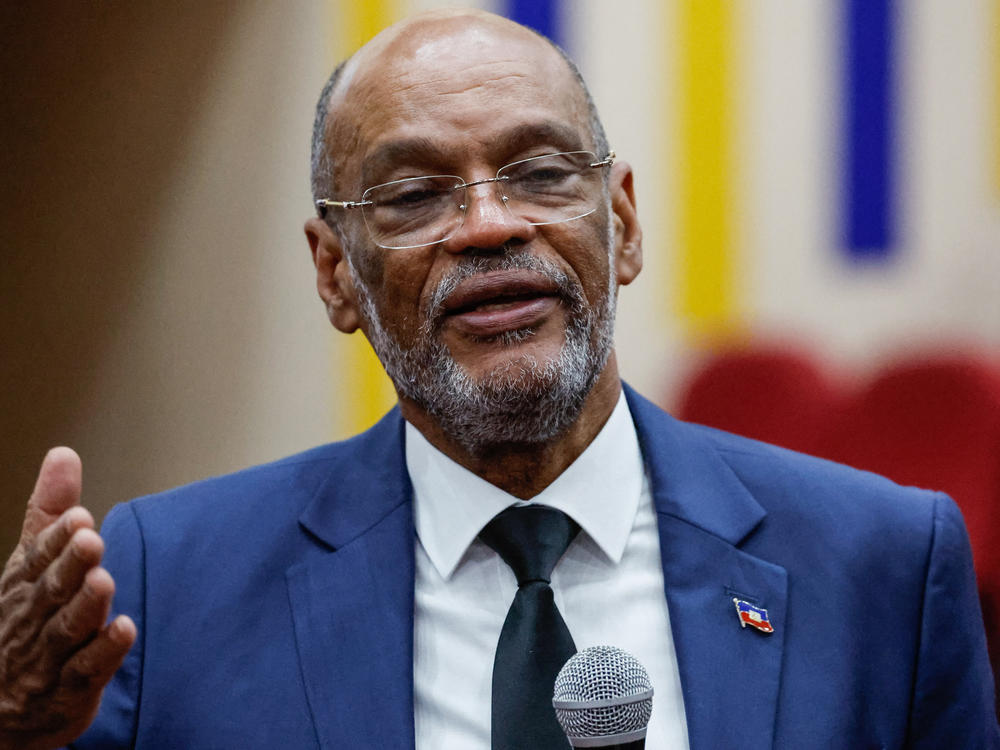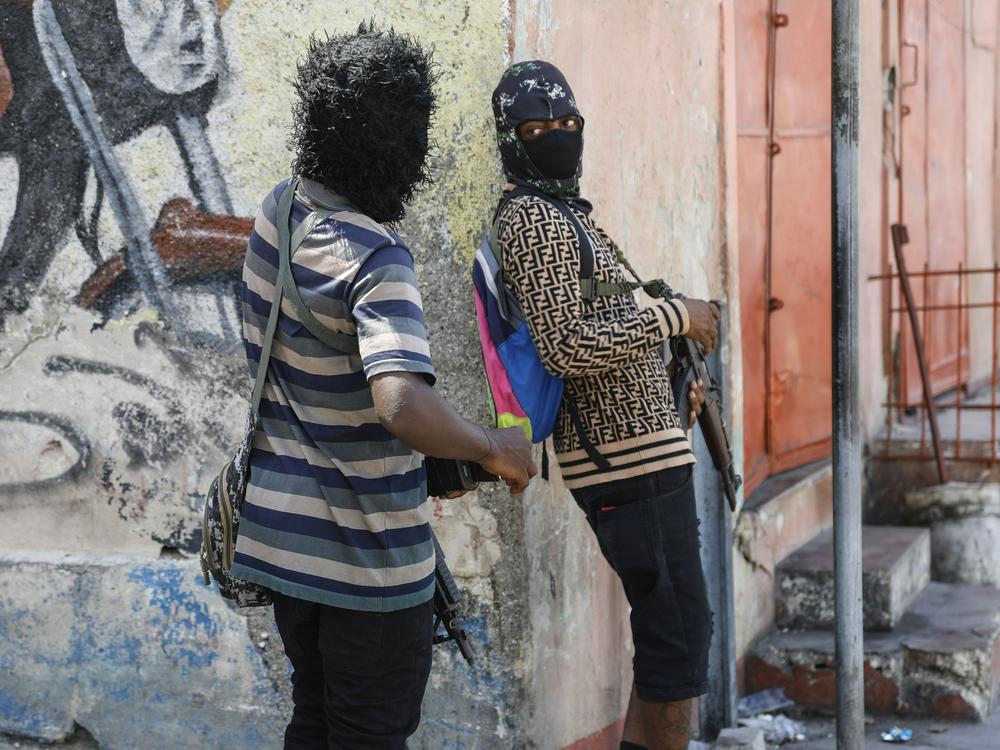Section Branding
Header Content
Haiti's prime minister says he'll resign once a transitional council is created
Primary Content
SANTO DOMINGO, Dominican Republic – The de-facto prime minister of Haiti has agreed to resign once a transitional presidential council is installed and interim prime minister is named.
"The government will resign immediately after the installation of this Council and will remain in office to handle current affairs until the appointment of a Prime Minister and a new government," Ariel Henry said in a video statement. "I thank the Haitian people for the opportunity given to me to serve our country with integrity, wisdom and honor."
CARICOM, the bloc of Caribbean nations, brokered the deal and announced Henry's resignation before he did. The president of Guyana, Irfaan Ali, said they had agreed to a seven-member transitional council, made up of the major political parties in Haiti. Ali said the gangs, which control about 80% of Haiti's capital, were not consulted in this deal.
Henry has had a tumultuous term as prime minister. Following the assassination of President Jovenel Moïse in 2021, Henry jostled his way into the top spot with the backing of the United States. He promised to lead the country toward elections, but instead elections were put on the back-burner as gangs grew ever more powerful.
Last month, Henry announced he would delay elections until next year. Gangs inside Haiti reacted by forging a federation and they began to systematically attack government facilities – the airport, the port, police stations. Henry has been unable to return to his country and is presumed to still be in Puerto Rico.
The hope, of course, is that this deal calms tension in Haiti, but it also raises many questions, including two important ones: Does this transitional council represents enough consensus for a country with a fractured political landscape? By some estimates, there are more than 100 political parties in Haiti. And, does the promise of a resignation assuage the gangs?


